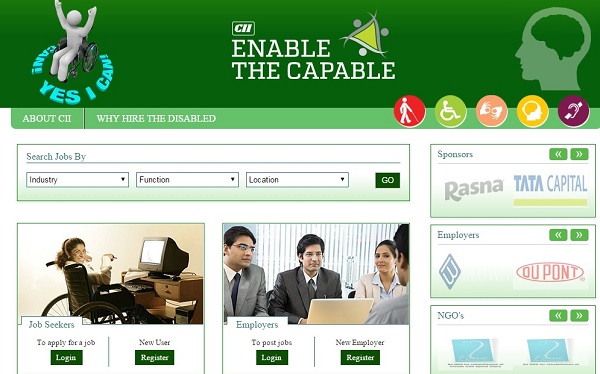1. Preparation is the key
Your skills should speak for themselves to convey it to employers that a disability doesn’t affect performance. Your interview is an opportunity for you to prove your potential and make a good impression. Make sure you’ve brought with you anything you were asked for. It’s fine to bring a note-pad and pen, but make sure they’re tidy.
It’s even ok to bring notes with you; particularly if you have any questions you want to ask. It shows you’re taking the job application seriously. Ill-prepared candidates rarely get job offers.
2. Do Your Homework
Always do your homework. As a general rule, the more famous the brand, the more they will expect you to have done your homework. Researching the company shows you’re serious about the job.

3. Practice Your Responses
Practice your responses to not to be nervous during the interview. If you appear too nervous they’ll think you’re not confident enough to do the job. However, appearing too confident will make them think you won’t fit into the team. If interview nerves are an issue for you, it’s worth getting practical help from a professional, such as an interview coach. Develop a list of potential questions, and practice answering them.
4. Never Complain
Complaining, even in jest, is not a recommended icebreaker. It may be completely harmless, or it might simply make the interviewer switch off. Don’t let complaining set the tone for the interview!
5. Never be rude
If you find you were accidentally rude, apologize calmly and genuinely. Then leave it behind you and get on with the rest of the interview. If you dwell on it, it will affect your performance.. As a rule of thumb, avoid cracking jokes about potentially sensitive topics and beware of being too ‘pally’ with the interviewer: polite and friendly is enough.




